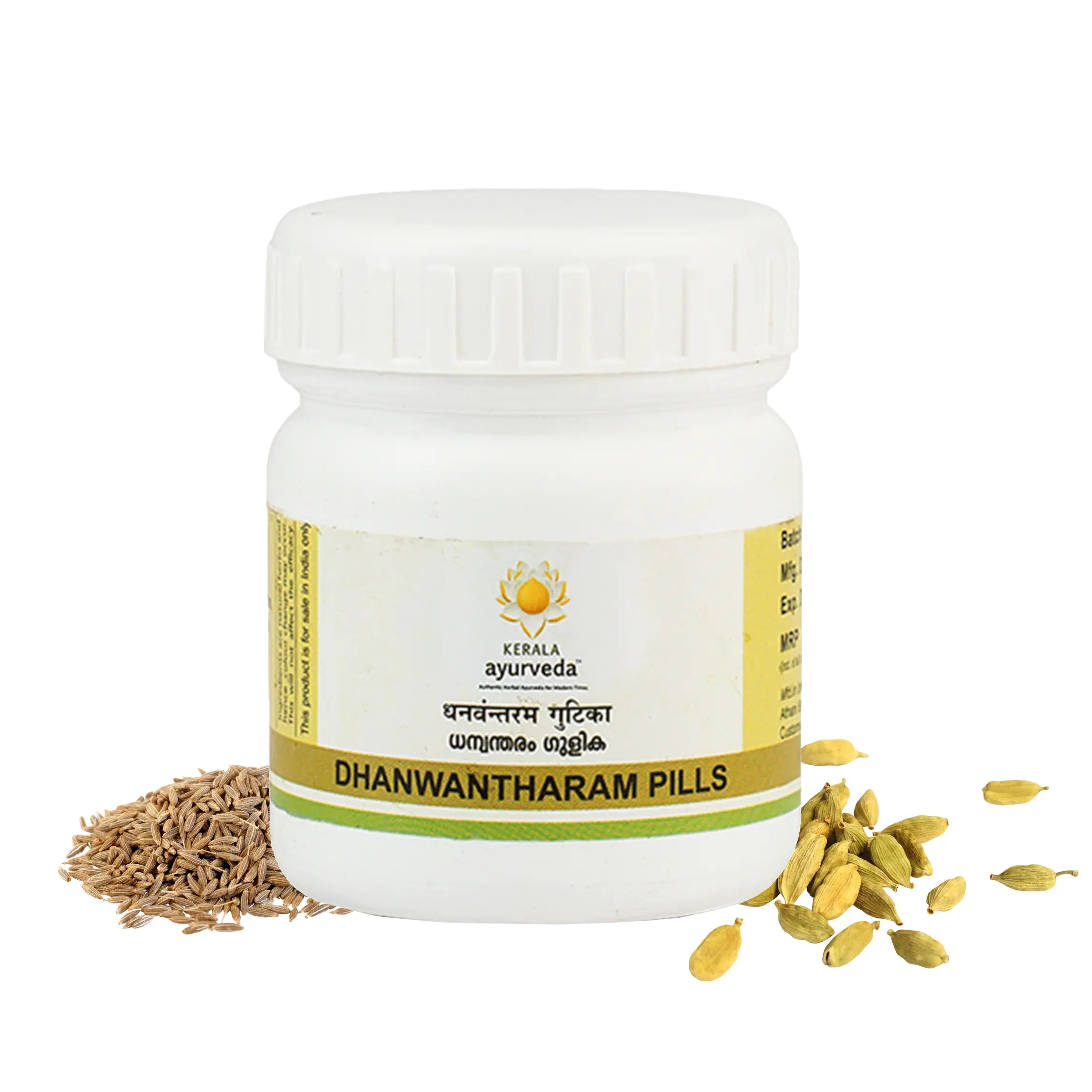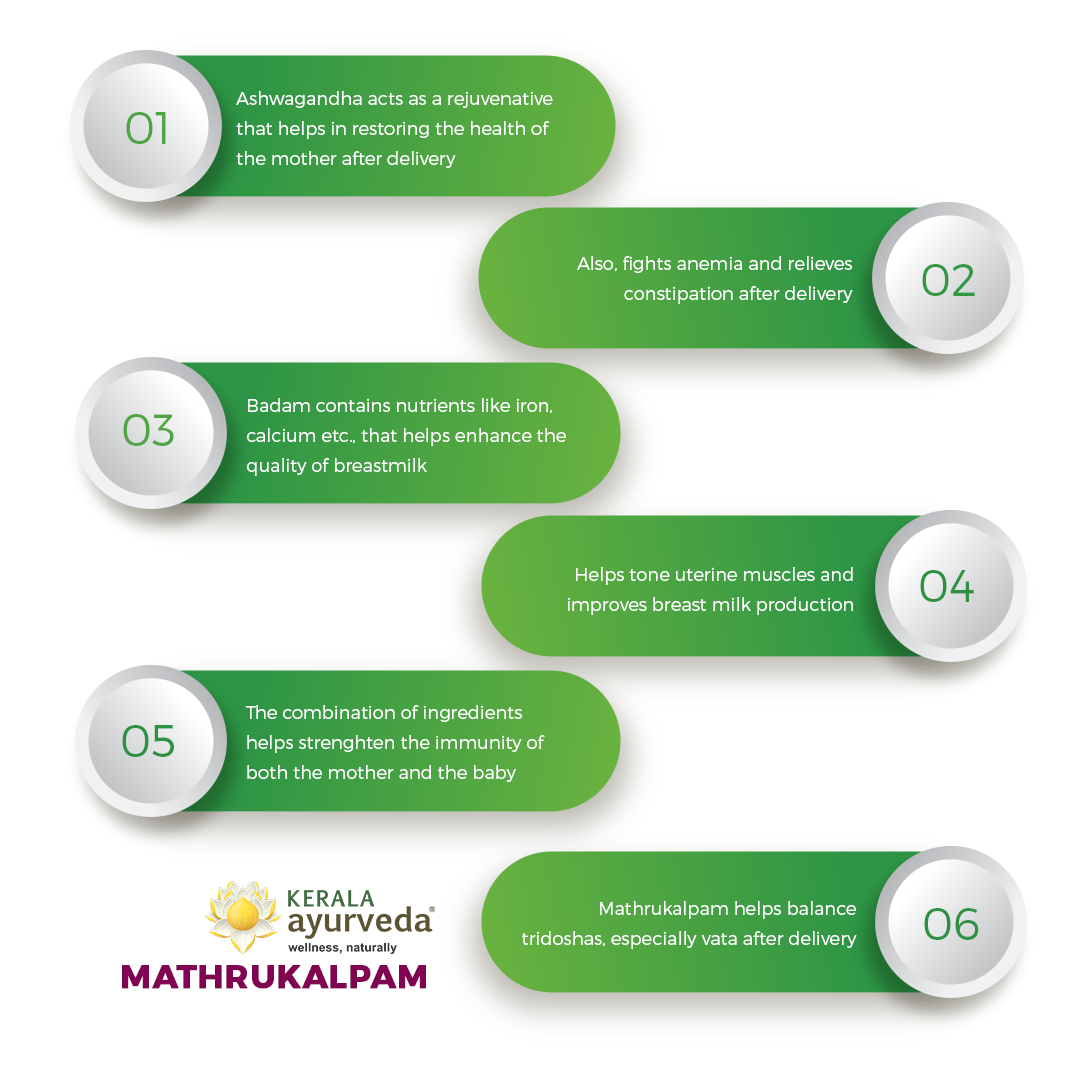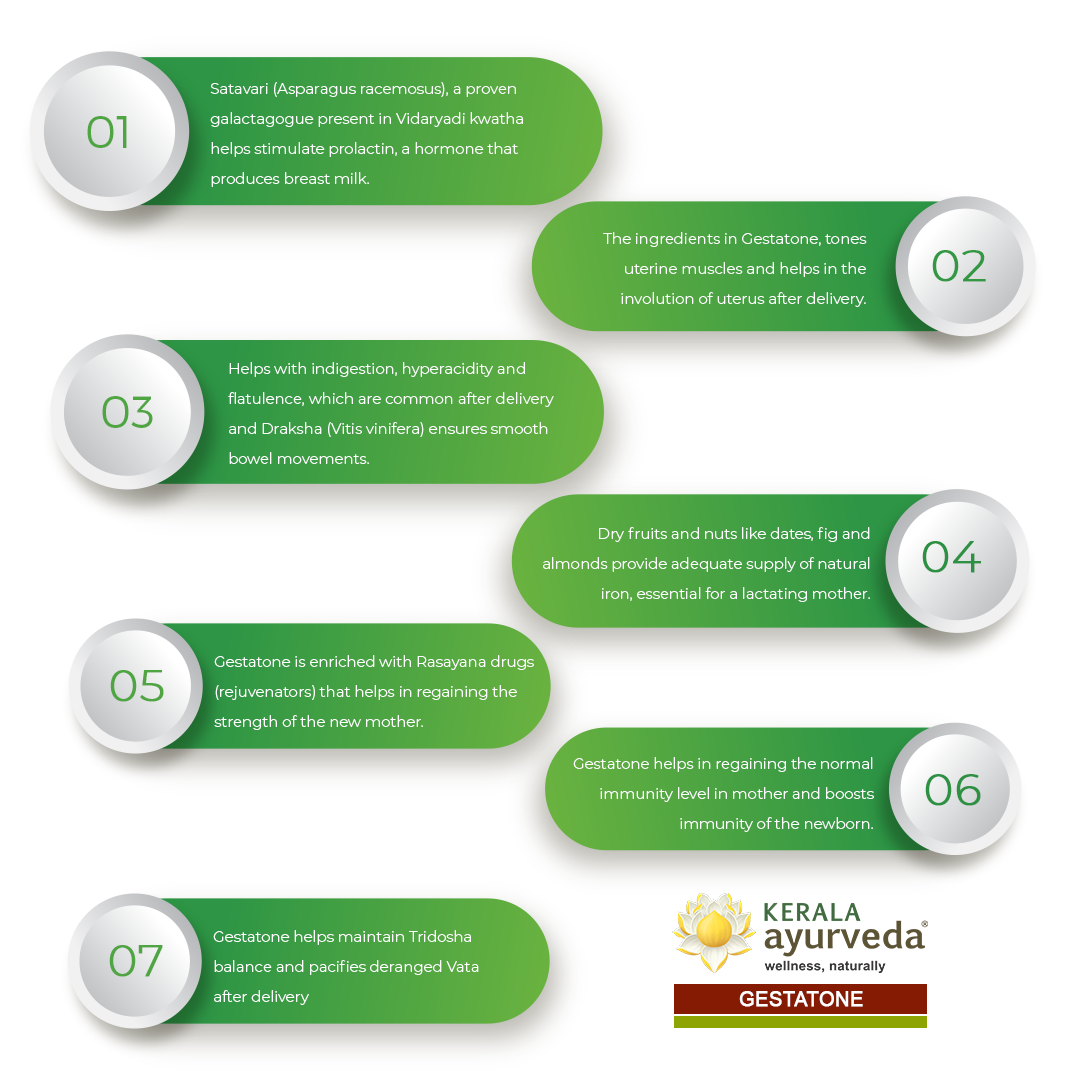Highlights
Bringing a new soul to the world is the most blissful yet confusing period of womanhood. The nine-month journey accompanies body changes, aversion to the favorite meals, mental and physical fatigue, and sometimes unexpected complications.
Pregnancy requires extra care in everything from diet to rituals. The dietary suggestions from near and dear ones, neighbors, influencers, magazines, etc., often result in endless doubts. Ayurveda explains a month-wise diet during pregnancy to promote the health of mother and child. Let’s explore the nourishing Ayurvedic pregnancy diet through this blog:
Significance of Ayurvedic Diet During Pregnancy
You may start hating your favorite meals and liking the hated food items during pregnancy. Changing dietary habits is quite common but remember what they consume during this time nourishes the baby. Relying upon this concept, Acharyas explained the Ayurvedic month-wise diet routine in the classics.
Every second, the body cells transform during this period. They may require enormous amounts of nutrients to support the growth of your dear one. Each bite the mother has during this period nourishes their body, balances hormones, promotes the growth of the child, and supports breast development and breast milk production.
The meals consumed can balance the three doshas in the body. The imbalance in the tridoshas can negatively impact the newborn's health as congenital anomalies. Maintaining Tridosha balance is essential for the health of the mother and newborn. Following an Ayurvedic pregnancy care plan will help effectively achieve the dosha balance.
Nourishing Your Body the Ayurvedic Way
Shifting to a holistic path during this period may bring enormous benefits to the newborn child. Whether lifestyle modification or dietary changes, Ayurveda offers personalized care during pregnancy.
The day can be kick-started with a refreshing glass of milk, herbal tea, or fresh juice. Incorporating delightful fruits, veggies, or nuts in meals can provide the body with the nourishment it craves. Always plan for a customized diet plan, knowing the dietary requirements, doshic balance, and health concerns by incorporating a sattvic type of food.

Balancing the Tridoshas
Learning the dosha type helps create a harmony of body and soul. A well-balanced, nutrient-rich diet, including whole grains and cereals, vegetables, fruits, and healthy fats and oils, will tailor the dietary needs in the journey.
Vata Dosha - Always keep the Vata dosha under control for a stress-free and easy pregnancy. The Ayurvedic diet must emphasize sweet, sour, and salty tastes as it can normalize Vata dosha. Include more vegetables and fruits, whole or sprouted grains, and unprocessed foods. Cooking with healthy oils, such as ghee, coconut oil, or olive oil, can pacify the Vata Dosha. Incorporate roasted vegetables, root vegetables, avocado, soups, yogurt, ghee, and herbs such as Shankupushpi, Brahmi, and Amla to ensure a healthy pregnancy. Drink warm milk with one teaspoon of ghee twice a day to boost the immunity and complexion of the mother and child. Engage in refreshing activities like yoga, meditation, gentle stretching, and walking to strengthen body and mind.
Pitta Dosha- Morning sickness, nausea, and vomiting may be the first signs of Pitta Dosha imbalance in the body. Maintaining Pitta Dosha comes with balancing the digestive fire. Opt for foods that have a cooling and nourishing effect on the body rather than spicy or salty. Cooling and nourishing food such as fresh organic seasonal fruits and vegetables such as cucumber, watermelon, apple, ripe grapes, leafy greens, cabbage, etc. can help manage Pitta. Adding barley, oats, quinoa, rice, and wheat to the meals aids easy digestion and absorption. Grab a cup of coconut water or milk if you are thirsty. Do regular yoga or meditation to restrain the dosha affecting the emotions.
Kapha Dosha- The excess fatigue and tiredness experienced during the pregnancy is because of Kapha Dosha. One can also feel heaviness or mucus accumulation on the chest associated with Kapha dosha. Select light, warm, and dry food to aid digestion and lessen body water retention. Add fruits like apricots, apples, watermelons, pears, and vegetables such as spinach, broccoli, carrots, etc., for nourishment for the mother and baby. Quench the thirst by having lukewarm water or buttery milk. Avoid dairy products as they can increase the Kapha dosha in the body.
Month-by-Month Ayurvedic Dietary Guide
Along with the nutritional foods and drinks, Ayurveda suggests superfoods and herbs to support pregnancy each month. These herbs have magical powers to support the journey in respective months.
First Trimester:
Acharya Charaka explains the consumption of anupasamskruta dugdha (non-medicated or unprocessed milk) after confirming pregnancy. For flavoring, add almonds, cardamom, or dried ginger to the milk. The food must be sweet and cold in quality. Including herbs such as Satavari, Bala, Licorice, and Madhuka will nourish the pregnancy during the first trimester. Ayurvedic classics promote consuming ghee extracted from milk, rice cooked with ghee, or honey to stabilize the pregnancy.
Second Trimester:
The second trimester begins with grabbing highly nutritious food such as Navara rice with curd and medicated ghee. Consume fruits and vegetables such as pomegranate, black gram, chikoo, apple, beetroot, and spinach for the development of various organs of the fetus. Traditional medicine promotes the intake of nourishing herbs like Kakoli, Mugdaparni, Mashaparni, etc, at the end of the second trimester.
Third Trimester:
In the last months, incorporate sweet herbs, Sunthi, milk-based sweet porridge, and rice with curd to support the pregnancy. Ayurvedic regimes like oil massages with daily baths and cold decoction prepared with Vata pacifying herbs must be performed.
Always consult the dietician or obstetrician before planning the Ayurvedic diet for pregnant women.
Vanishing Pregnancy Discomforts

Ayurvedic pregnancy care comes with herbal supplements and lifestyle adaptations along with dietary regimens to make this journey exciting. The path may sometimes be rough with pain, discomfort, nausea, and bloating. And we have the solution to those problems. A soothing massage with Dhanwantharam Thailam, followed by a warm bath, eases pain and discomfort with Vata Dosha. The struggle with bloating, nausea, and vomiting can be corrected with Dhanwantharam Gulika. Eradicate your worries regarding breast milk production with Kerala Ayurveda Gestatone lehyam and ensure faster post-partum healing with Mathrukalpam.
Follow regular yoga, meditation, and stretching exercises for a healthy mind. A mother’s emotions can directly impact the child's health. Listen to soothing music, walk for some time, or have chit-chat with the dear ones. Avoid consuming dry, processed, and packed food items during pregnancy. Completely ban smoking and alcohol from the habits. Always remember the health of your child is in your hands.
There is no better feeling than the movement of life inside you. Enjoy and cherish each moment, as these will be the most amazing days in your life. Gift your child the most nourishing and enchanting food to welcome them to the world. Ayurveda offers you a personalized dietary regimen for your pregnancy. Switch to an Ayurvedic diet and make yourself comfortable.
Key Takeaways
- Ayurvedic classics emphasise the importance of care for pregnant women and explain dietary and lifestyle adaptations.
- Balancing the three doshas is essential for having a healthy pregnancy.
- Always consume food rich in vitamins, proteins, and minerals for a healthy progeny.
- Avoid the use of packed, processed, and dry food items, along with smoking and alcoholism, to protect your baby.
- The food you consume nourishes yourself and your baby, along with improving breast milk production.













